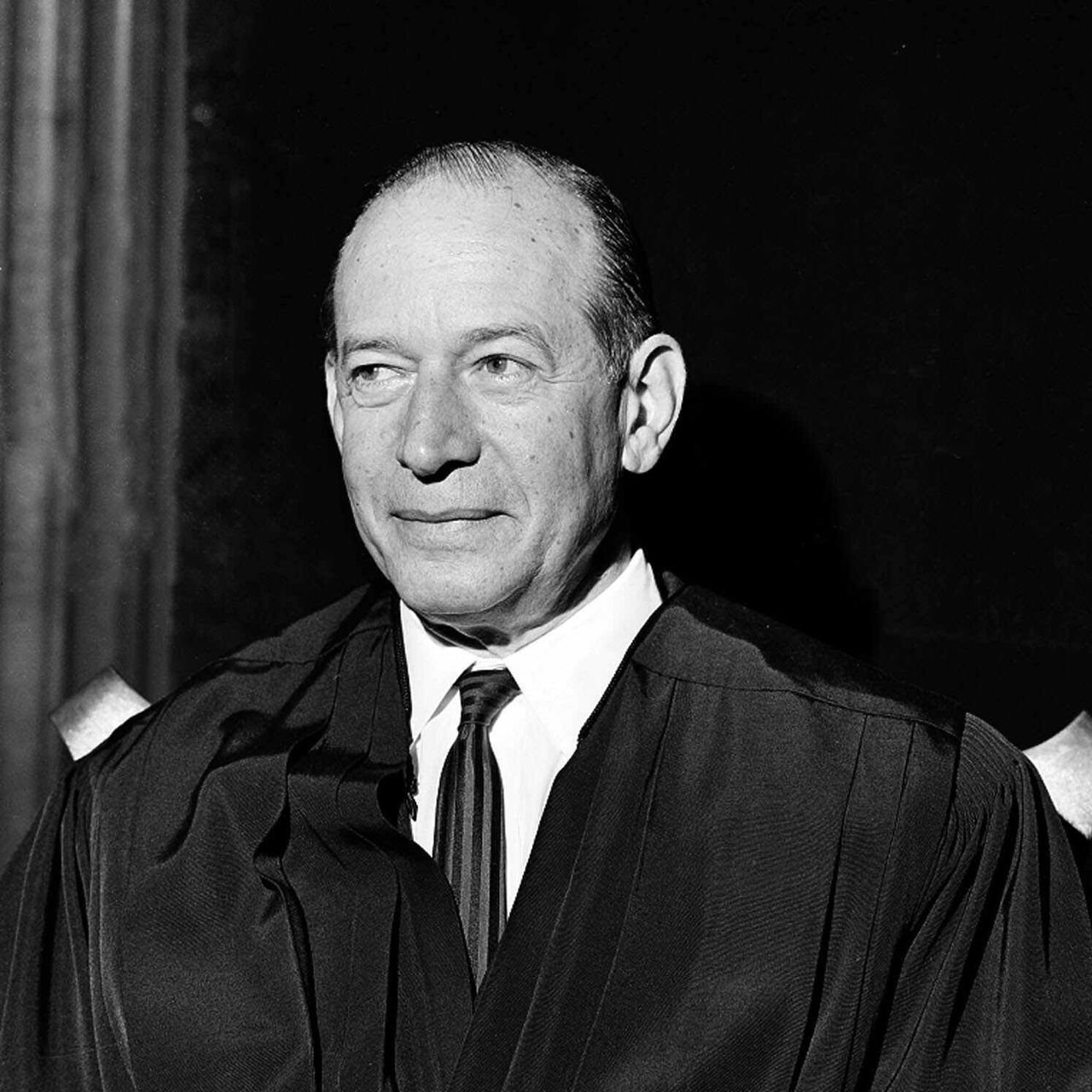Jones v. Alfred H. Mayer Co.
Case Overview
CITATION
392 U.S. 409
ARGUED ON
DECIDED ON
DECIDED BY
April 1-2, 1968
June 17, 1968
Legal Issue
Does the Thirteenth Amendment give Congress the power to regulate the private sale of property to prevent racial discrimination?
Holding
Yes, the Thirteenth Amendment empowers Congress to enact legislation that prevents public and private acts of discrimination that are among the “badges of slavery”.
Credit: Ancestry
Background
In 1866, Congress passed the Civil Rights Act of 1866 over President Andrew Johnson’s veto. Under the Act, 42 U.S.C. §1982 prohibits “all racial discrimination, private as well as public, in the sale or rental of property,” and affirms its constitutionality as “a valid exercise of the power of Congress to enforce the Thirteenth Amendment.”
In June of 1965, Joseph Lee Jones, an African American man and his wife, Barbara Jo, a white woman, toured model homes in the suburbs north of St. Louis and soon after decided to place an offer on one in a neighborhood being developed by the Alfred H. Mayer Company (Mayer Co.). Mayer Co. was the largest home developer in the St. Louis region and refused to sell a home to the Jones’ out of fear that white homebuyers would boycott their business. On September 2, 1965, the Jones’ filed a lawsuit in the United States Court for the Eastern District of Mississippi, alleging that Mayer Co. violated their rights under §1982 of the 1866 Civil Rights Act and seeking a temporary injunction to keep Mayer Co. from selling their prospective lot and against discrimination in the future, in addition to actual and punitive damages. Both the District Court and Circuit Court of Appeals dismissed the claim, stating §1982 only applies to state action and does not reach private property transactions.
Summary
7-2 decision for Jones
Jones
Alfred
Warren
Black
Douglas
Fortas
Marshall
Harlan II
Brennan
Stewart
White
Opinion of the Court
Writing for the Court, Justice Potter Stewart, held that 42 U.S.C. §1982 bars all racial discrimination, both private and public, in the sale or rental of property. The Court held that Congress had the authority to enact such legislation under its power to enforce the Thirteenth Amendment, which abolished slavery and granted Congress the ability to eliminate its “badges and incidents”.
Justice Stewart emphasized that the Civil Rights Act of 1866 was specifically designed to address racial discrimination in property rights, regardless of whether the discrimination was the action of the state or private individuals. He cited the Court’s previous ruling in The Civil Rights Cases (1883), which acknowledged that the Thirteenth Amendment granted Congress broad authority to eliminate the conditions of servitude and reasoned that denying Black citizens the right to purchase property on equal terms with whites represented a badge of slavery, making §1982 a valid exercise of congressional power. Justice Stewart rejected the Court’s prior decision of Hodges v. United States (1906), which previously held that the Thirteenth Amendment did not extend to private acts of racial discrimination. He dismissed this interpretation as inconsistent with both precedent and the legislative history of the Civil Rights Act of 1866.









